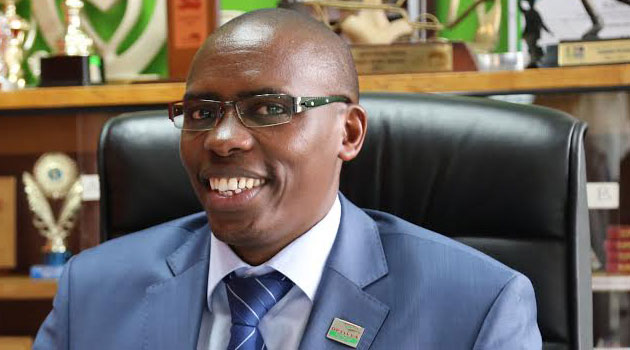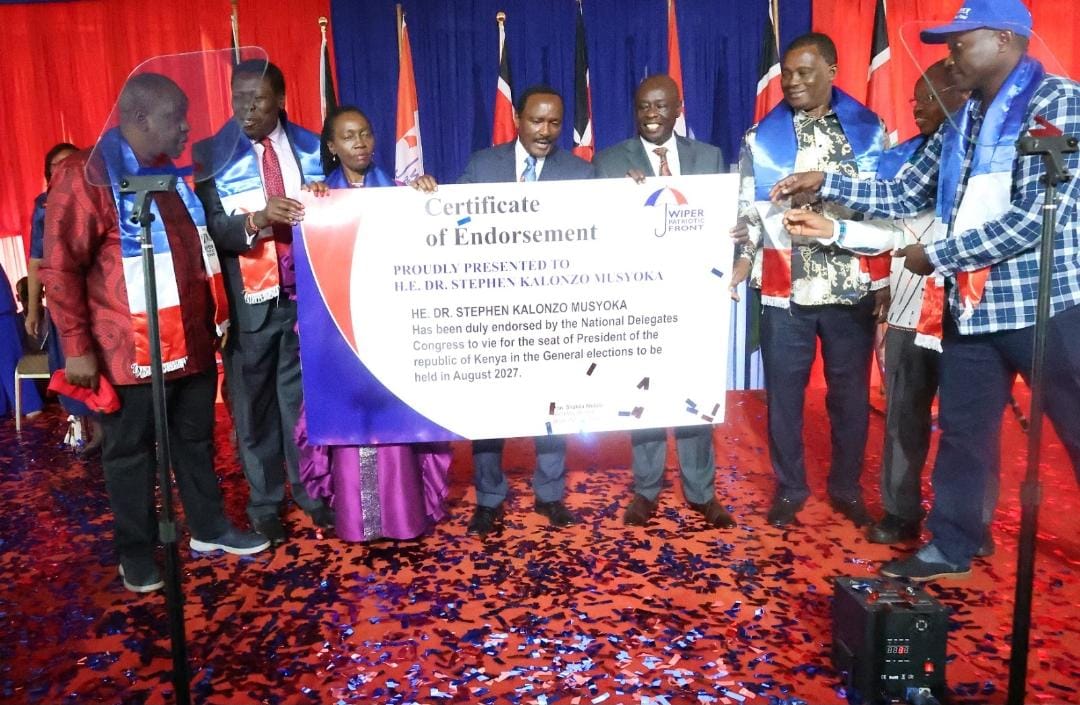Diplomacy is often associated with politics and international relations, but its true value shines in daily life. At its core, diplomacy is about navigating conversations and situations with tact, empathy, and strategy to maintain harmony and achieve desired outcomes—without burning bridges. Whether you’re dealing with colleagues, family, friends, or even strangers, adopting a diplomatic mindset can significantly improve the quality of your relationships and your personal peace.
### 1. **Listen More Than You Speak**
One of the most powerful diplomatic tools is active listening. People are far more receptive when they feel heard. Instead of rushing to respond or defend your viewpoint, pause and genuinely try to understand the other person’s perspective. This doesn’t mean you agree—but it shows respect, which often softens tension and invites more open dialogue.
### 2. **Choose Your Words Carefully**
Diplomacy isn’t about sugarcoating the truth, but rather about delivering it thoughtfully. Think before you speak—how will your words land? Using neutral language instead of emotionally charged terms can prevent conflict and misunderstanding. For example, instead of saying “You’re wrong,” try “I see it differently” or “Have you considered this angle?”
### 3. **Stay Calm in Conflict**
Keeping your composure is a hallmark of diplomacy. In heated situations, emotions can cloud judgment and escalate issues unnecessarily. Practicing emotional regulation—taking a deep breath, pausing before responding, and remaining composed—helps you retain control and often disarms aggression in others.
### 4. **Balance Assertiveness with Courtesy**
Diplomacy is not the same as being passive. You can be assertive and still remain respectful. Clearly state your needs or boundaries, but do so in a way that honors the other person’s dignity. This balance allows you to stand your ground without creating unnecessary friction.
### 5. **Read the Room**
Being aware of the emotional temperature of a room is vital. Timing, tone, and environment matter. A diplomatic person knows when to speak up, when to hold back, and how to tailor their approach to the audience. Sometimes, it’s more strategic to delay a conversation than to push it forward at the wrong moment.
### 6. **Find Common Ground**
Rather than focusing on differences, skilled diplomats look for shared goals or values. This builds connection and makes negotiation easier. Whether it’s a disagreement at work or a family misunderstanding, highlighting mutual interests can shift the tone from adversarial to cooperative.
### 7. **Keep Ego in Check**
Pride can sabotage even the best intentions. Diplomacy requires humility—a willingness to admit when you’re wrong, to compromise, or to let go of the need to “win.” Often, preserving the relationship or achieving a long-term goal is more important than scoring a short-term victory.
### 8. **Lead by Example**
Being diplomatic can influence those around you. When you consistently handle situations with grace and fairness, others often follow suit. Your calm, thoughtful energy sets a standard, whether you’re in a leadership position or not.
—
In a world that often rewards boldness and confrontation, diplomacy remains an underrated superpower. Applying it daily doesn’t mean hiding your feelings or avoiding difficult conversations. It means handling them with intentionality, wisdom, and respect—qualities that never go out of style.







Leave a Reply